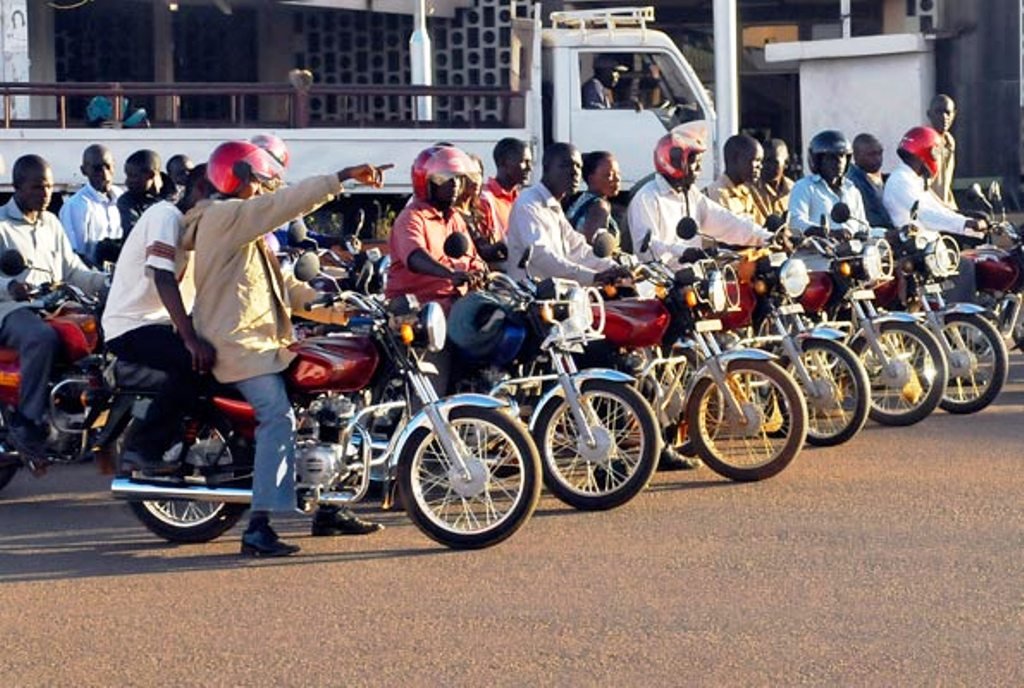Prime
Revealed: Cost of operational flaws in state entities

Controller and Auditor General (CAG) Charles Kichere
What you need to know:
- In his Annual General Report on the Audit of Development Projects for the 2023/24 financial year, tabled in Parliament yesterday, CAG Charles Kichere reported that project delays had led to overpayments exceeding Sh90 billion for the audited projects.
Dar es Salaam. The Controller and Auditor General (CAG) has revealed that excessive delays in the execution of development projects by government institutions continue to burden taxpayers with billions of shillings in additional costs, primarily due to accrued interest from late payments to contractors.
In his Annual General Report on the Audit of Development Projects for the 2023/24 financial year, tabled in Parliament yesterday, CAG Charles Kichere reported that project delays had led to overpayments exceeding Sh90 billion for the audited projects.
The findings echo concerns raised in previous audit reports. In the 2020/21 audit, for instance, Mr Kichere warned that Tanzania was losing billions annually due to delayed disbursements to contractors, unlawful termination of investment contracts and poor coordination among government entities.
That year, the CAG conducted 56 special audits: 37 for local government authorities, 12 for central government, six for public institutions, and one for ICT systems. He cited the termination of a contract between Tanesco and Symbion, which resulted in a government loss of $153.43 million.
In a March 2022 briefing, Mr Kichere noted that between 2016/17 and 2020/21, the government spent Sh1.02 trillion on the construction and upgrading of 12 airports. However, delays in compensating 1,125 households displaced for the construction of Julius Nyerere International Airport (JNIA) saw the compensation bill rise from Sh7 billion to Sh29 billion, spanning over 25 years.
Moreover, delayed contractor payments led to an additional Sh14.14 billion in interest charges, of which Sh11.93 billion related to JNIA and Sh2.75 billion to Mwanza Airport.
In his latest report for the 2023/24 fiscal year, presented on Wednesday, 16 April 2025, the CAG cited multiple project inefficiencies, including in the Kidunda Dam, Kigongo–Busisi Bridge, telecommunication towers, and infrastructure projects under the Rural Water Supply and Sanitation Agency (Ruwasa). He also assessed rehabilitation of markets, bus terminals, wastewater systems, and the Pangani Bridge and its access roads.
A review of payment records showed that contractors for the Kidunda Dam project experienced payment delays ranging from 16 to 299 days between January and October 2024. This resulted in accrued interest of Sh90.67 billion, of which only Sh8.3 billion had been paid by 6 June 2024, leaving an outstanding balance of Sh82.37 billion.
“These delays were mainly due to late disbursement of funds from the Treasury,” the report states. Despite repeated reminders by the Dar es Salaam Water and Sewerage Authority (Dawasa), the ministry of Water delayed payments of Interim Payment Certificates (IPCs), resulting in cost overruns.
The CAG recommended improved coordination among Dawasa, the ministry of Water, and the ministry of Finance to ensure timely fund disbursement, along with enhanced financial planning and monitoring.
The Kigongo–Busisi Bridge project also incurred Sh4.5 billion in interest penalties due to IPCs not being settled within the 28-day contractual window, as required under clause 16 of the special conditions and sub-clause 51.1 of the general conditions of contract.
“My review showed that Tanroads delayed contractor payments by up to 137 days, with an average delay of 60 days,” the report reads. These delays stemmed from fund release lags by the Ministry of Works, which ranged from 41 to 193 days. Once received, Tanroads took up to seven days to disburse the funds.
The CAG urged the Ministry of Works, the ministry of Finance, and Tanroads to establish a collaborative mechanism to facilitate the prompt settlement of IPCs and invoices.
The audit also flagged issues in telecommunication tower projects under the Universal Communications Service Access Fund (UCSAF). Delays ranging from two to 767 days were reported for Phases 5, 5A, 6, and BSZ6. However, despite contractual provisions, UCSAF failed to claim Sh3.8 billion in liquidated damages.
“UCSAF refrained from enforcing penalties to preserve relationships with service providers, many of whom were already hesitant to operate in remote areas due to low profitability. This undermined UCSAF’s leverage and accountability,” the report notes.
The CAG recommended that UCSAF strictly enforce contractual clauses on damages to ensure timely project delivery.
Delays were also recorded in the Kariakoo and Mwanza Central market projects, with slippages of 13 and 44 months, respectively. As of October 2024, Kariakoo was behind its October 2023 deadline, while Mwanza lagged its February 2021 target.
According to the report, the delays were caused by slow approvals of technical drawings and variations, delayed contractor payments, and expansion in project scope.
Kariakoo Market approval delays ranged from 17 to 78 days.
As a result, consultancy firms submitted claims for extended supervision totalling Sh209.98 million and Sh1.14 billion for Kariakoo and Mwanza markets, respectively. At the time of the audit, the claims had not yet been approved.
The CAG advised Dar es Salaam and Mwanza city councils to ensure timely approvals and payments to contain costs and meet completion timelines.
In Ruwasa’s Morong’anya water project, Sh711.79 million was incurred in interest due to late contractor payments. Similarly, five wastewater and sanitation projects accrued Sh273 million in interest charges.
The Pangani Bridge and access road project also faced payment delays, with Tanroads owing contractors Sh54.75 million in unpaid IPCs. The government’s overstretched budget was cited as the reason.
“Payments for projects such as Pangani Bridge were routinely postponed due to fiscal constraints. This not only affects contractors’ liquidity but also exposes the government to avoidable penalties,” Mr Kichere said.
He called on Tanroads to collaborate with the Ministries of Finance and Works to ensure IPCs are paid on time and additional costs are avoided.




